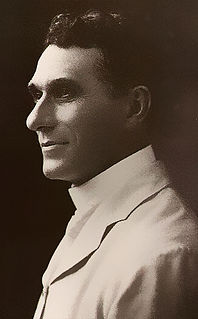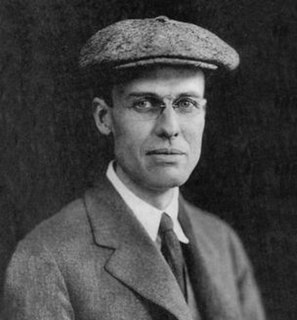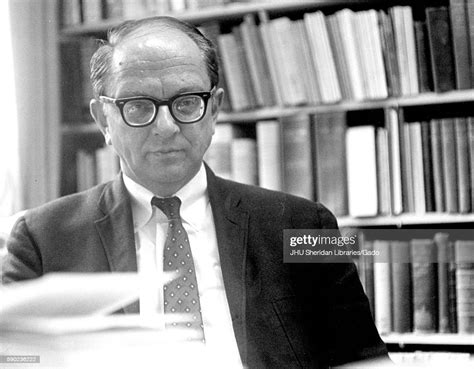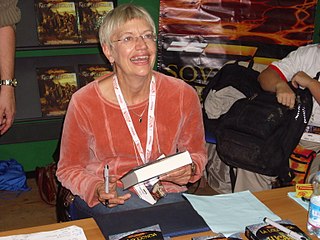A Quote by John G. Lake
A mans life will be of the character of his thought. His outward life will be as the inner impulse is.
Related Quotes
He will see himself and life and the world as truly as our human limitations will permit; realizing the brevity and minuteness of human life, he will realize also that in individual minds is concentrated whatever of value the known universe contains. And he will see that the man whose mind mirrors the world becomes in a sense as great as the world. In emancipation from the fears that beset the slave of circumstance he will experience a profound joy, and through all the vicissitudes of his outward life he will remain in the depths of his being a happy man.
Fatalism, whose solving word in all crises of behavior is All striving is vain, will never reign supreme, for the impulse to take life strivingly is indestructible in the race. Moral creeds which speak to that impulse will be widely successful in spite of inconsistency, vagueness, and shadowy determination of expectancy. Man needs a rule for his will, and will invent one if one be not given him.
God Himself - His thoughts, His will, His love, His judgments are men's home. To think His thoughts, to choose His will, to judge His judgments, and thus to know that He is in us, with us, is to be at home. And to pass through the valley of the shadow of death is the way home, but only thus, that as all changes have hitherto led us nearer to this home, the knowledge of God, so this greatest of all outward changes - for it is but an outward change - will surely usher us into a region where there will be fresh possibilities of drawing nigh in heart, soul, and mind to the Father of us all.
As we go through life, even through very rough waters, a father's instinctive impulse to cling tightly to his wife or to his children may not be the best way to accomplish his objective. Instead, if he will lovingly cling to the Savior and the iron rod of the gospel, his family will want to cling to him and to the Savior.
He is not famous. It may be that he never will be. It may be that when his life at last comes to an end he will leave no more trace of his sojourn on earth than a stone thrown into a river leaves on the surface of the water. But it may be that the way of life that he has chosen for himself and the peculiar strength and sweetness of his character may have an ever-growing influence over his fellow men so that, long after his death perhaps, it may be realized that there lived in this age a very remarkable creature.
Hidden away in the inner nature of the real man is the law of his life, and someday he will discover it and consciously make use of it. He will heal himself, make himself happy and prosperous, and life in an entirely different world. For he will have discovered that life is from within and not from without.
The truly educated man is not a man who knows a bit of everything, not even the man who knows all the details of all subjects (if such a thing were possible): the “whole man” in fact, may have little detailed knowledge of facts and theories...but he will be truly in touch with the centre. He will not be in doubt about his basic convictions, about his view on the meaning and purpose of his life. He may not be able to explain these matters in words, but the conduct of his life will show a certain sureness of touch which stems from this inner clarity.
To affirm life is to deepen, to make more inward, and to exalt the will-to-life. At the same time the man who has become a thinking being feels a compulsion to give every will-to-live the same reverence for life that he gives to his own. He experiences that other life as his own. He accepts as being good: to preserve life, to raise to its highest value life which is capable of development; and as being evil: to destroy life, to injure life, to repress life which is capable of development. This is the absolute, fundamental principle of the moral, and it is a necessity of thought.
A man is reputed to have thought and eloquence; he cannot, for all that, say a word to his cousin or his uncle. They accuse his silence with as much reason as they would blame the insignificance of a dial in the shade. In the sun it will mark the hour. Among those who enjoy his thought, he will regain his tongue.
In Proverbs we read: 'He that winneth souls is wise.' If any man, women, or child by a godly life and example can win one soul to God, his life will not have been a failure. He will have outshone all the mighty men of his day, because he will have set a stream in motion that will flow on and on forever and ever.






























